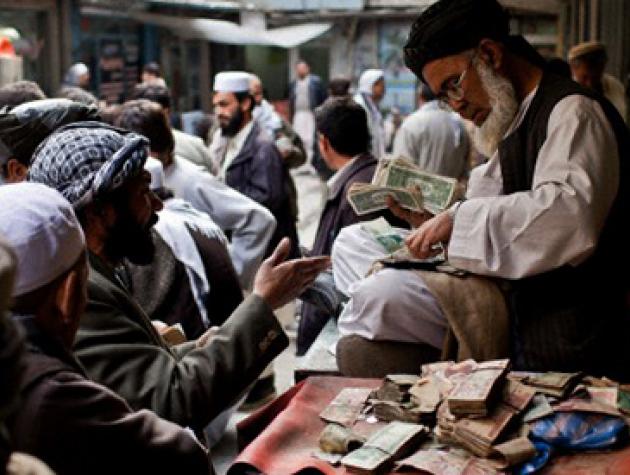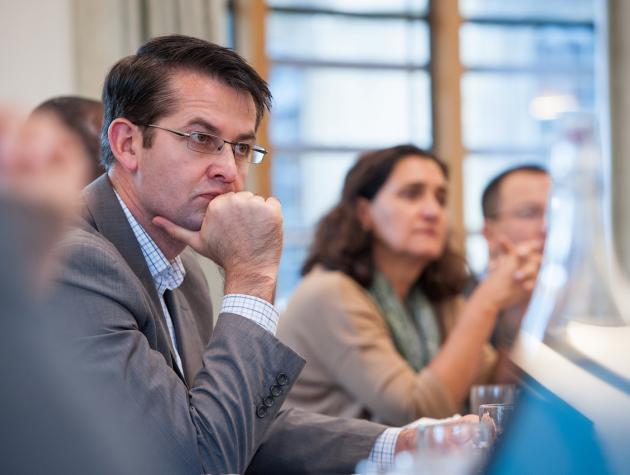The changing face of international aid
GEG hosts discussion on the changing politics of development assistance in an age of emerging donors
Last week, a spate of European countries joined the Chinese-led Asian Infrastructure Bank, seen by the US as a controversial challenger to the World Bank. The face of international development is changing as emerging powers gain economic strength. How are the politics of aid changing in this context? And what is the position of developing countries?
In February, GEG brought together Richard Manning, Senior Research Fellow at the Blavatnik School of Government and former chair of the OECD’s Development Assistance, and Alastair Fraser, lecturer in African Politics at SOAS, to discuss the changing politics of development assistance.
Manning surveyed the great variety among emerging donor’s development programs: Brazil emphasizes skill transfer, India focuses heavily on the sub-region, while China’s loans and development assistance have a more global reach.
What all the emerging development partners have in common, however, is a shared language of respect and mutual benefit with respect to aid recipients. These emerging powers avoid referring to themselves as ‘donors,’ preferring a language of partnership and ‘horizontal’ relations among equal actors.
How might this be affecting the politics of developing countries, the aid recipients? Fraser offered a more critical perspective, suggesting that these alternative approaches to aid could pose a challenge to existing approaches that give traditional donors significant power. Most importantly, developing countries need clear strategies for dealing with donors, regardless of whether they are ‘traditional’ or ‘emerging’.
International institutions have been slow to evolve to meet this new reality. This year will be an important one. Attention will be on the UN’s Financing for Development conference in July in Addis Ababa, and the negotiations leading up to the September summit on Sustainable Development Goals. It will soon become evident how much these new players are changing the game.
You can watch a recording of the lecture, and view Richard Manning’s slides.






